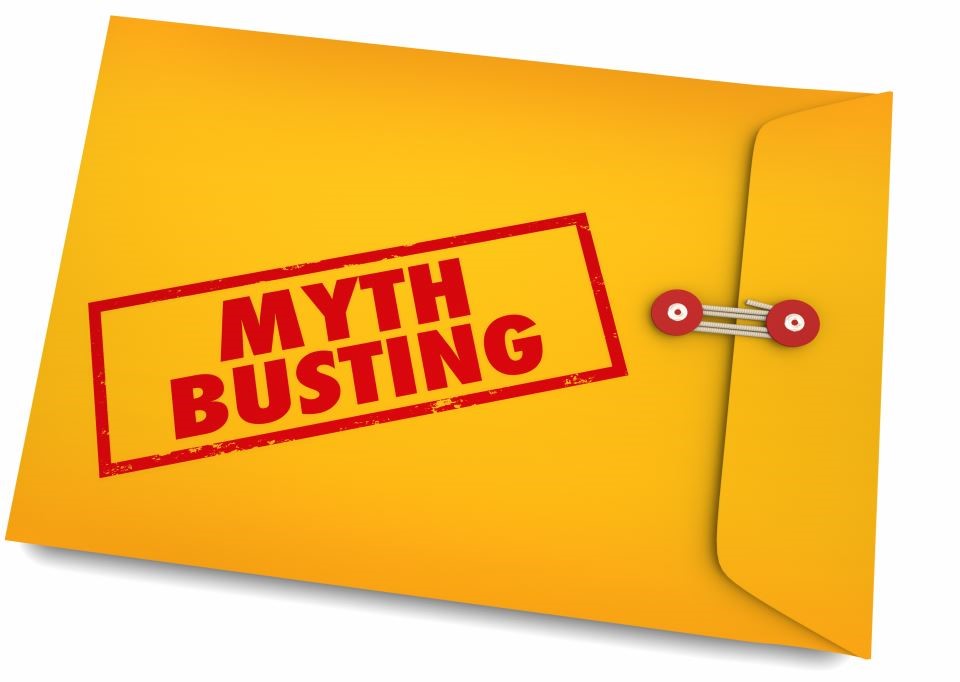Myth Busting the Virgin Birth

This week’s Torah portion Ki Teitzei (Deuteronomy 21:10–25:19), describes a marriage when a husband suspects his wife of infidelity and claims she was not a virgin.
The Hebrew word for virgin is “betulah” and refers to a woman of any age “who was never intimate with a man” (Genesis 19:8). Therefore, the Torah describes hymenal bleeding as “evidence of her virginity” (Deuteronomy 22:20).
Similarly, God wants us to demonstrate our spiritual fidelity with unfaltering allegiance to God and not to foreign gods. Idolatry is a form of spiritual infidelity.
When missionaries try to prove the virgin birth of Jesus, they incorrectly quote Isaiah 7:14. They claim that the verse says, ‘behold a virgin is pregnant and shall give birth to a son.” However, the Hebrew word they translate as “virgin” is “almah” and not “betulah.”
Almah means a “young woman” without any indication of her sexual status. It is astonishing that in the 7 places the word “almah” is found in the Jewish scriptures; Christian bibles consistently translate it as a “young woman,” except in Isaiah 7:14. This intentional mistranslation misleads people to think Isaiah was predicting a virgin birth.
Virgin birth stories were common in ancient mythology but had no place in Judaism.
When Isaiah is read in context and the original Hebrew, it describes how God sends Isaiah to Ahaz, the king of the southern kingdom of Judah, to warn him of an imminent threat of invasion from the northern kingdom of Samaria in alliance with Syria.
Isaiah tells Ahaz not to fear this invasion because very soon, the nations threatening him will be vanquished by the armies of Assyria. As a sign to King Ahaz that this will occur quickly, Isaiah points to a specific young woman, indicated by the prefix “the-ה,” who is Isaiah’s wife.
Isaiah says, “God will give you a sign; behold the young woman is pregnant and shall give birth to a son... before the boy knows enough to reject evil and choose good, the land of the two kings you dread will be laid waste” (Isaiah 7:14-15).
This prophecy is fulfilled in the next chapter of Isaiah with the natural birth of Isaiah’s son, as it says, “I approached the prophetess, and she became pregnant and conceived a boy… and before the boy knows how to say ‘My father’ or ‘My mother,’ the wealth of Damascus and the plunder of Samaria will be carried off by the king of Assyria” (Isaiah 8:3-4).
These events took place more than 500 years before Christianity so they cannot refer to the birth of Jesus, which King Ahaz could never witness. The “miraculous” virgin birth of Jesus was borrowed from ancient pagan myths and not from the Torah.
May this Shabbos provide opportunities to learn God’s Torah correctly and foster a faithful spiritual relationship with our Eternal Father.
Shabbat Shalom,
Rabbi Bentzion Kravitz
© 2020 Jews for Judaism